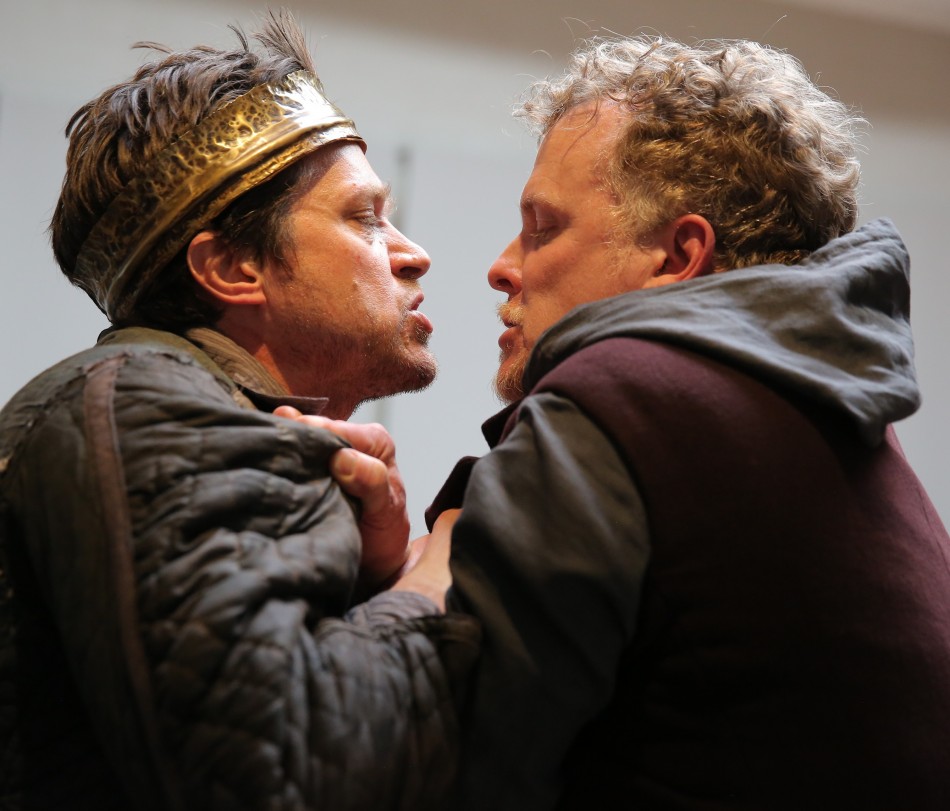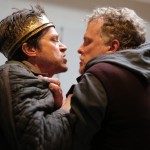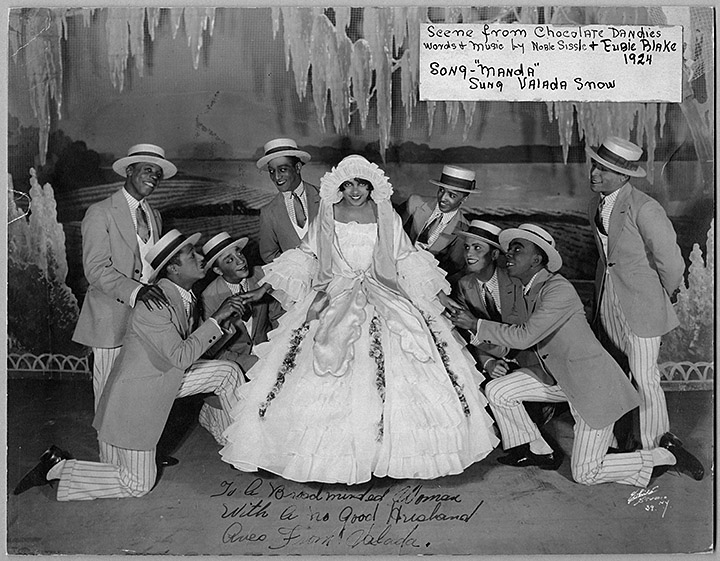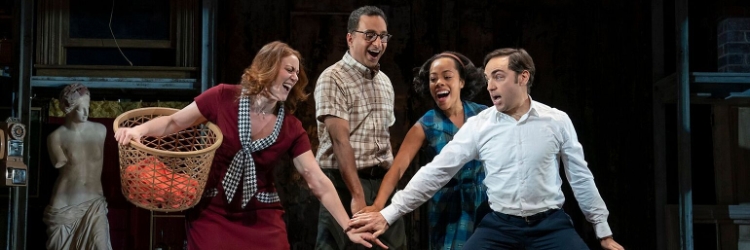Review by JK Clarke
It’s pretty much a no-brainer to heap praise on an organization that brings professional-level Shakespeare productions—free of charge!—to people in places where they’d not normally have access: schools in underprivileged neighborhoods, prisons and women’s shelters, for example. So The Public Theater’s Mobile Shakespeare Unit has already started from a laudable position. That its productions are top notch, beautifully performed and well-directed, is the best kind of icing on the cake possible. Their most recent production, Macbeth, directed by Edward Torres, has just completed its road tour and landed at The Public for a short run (for a nominal fee), which concludes June 7.
Macbeth is the perfect Shakespeare play to use as outreach or introduction to the unfamiliar, unlike the MSU’s last production, the little-known Pericles, Prince of Tyre, which was, nonetheless, a wonderful and successful production that also achieved those goals. The Scottish Play, as it’s known, is a simple, straightforward story with recognizable themes of greed and power: a Scottish warrior, Macbeth, encounters three “weird sisters” (often referred to as witches) who foretell his eventual ascension to the throne. Though at first he disbelieves, their prophecies begin to bear out. So, with the help of his ambitious wife, he helps the predictions along by murdering his friend the King, taking his throne. In a short amount of time he has moved from valiant warrior to treasonous usurper and changed the course of his life (and his country) at the mere suggestion of these apparitions encountered in the forest. The important, debatable theme of Macbeth, therefore, is whether his evil acts belie his true character or whether he’s merely a victim of circumstance and fate. One can see how these themes might pique real interest in the settings where the MSU takes their shows, and how the play, with its famous and powerful speeches, might stir a very real and deep interest in Shakespeare.
The production, for ease of mobility, is stripped down: the set (Wilson Chin) consists of a few large chests which serve multiple purposes, and a couple of large rugs, providing texture and color; and the costumes (Amanda Seymour) are surprisingly ornate, while not ostentatious. Macbeth’s battle gear has an authentic look and feel, while the weird sisters wear odd, colorful, ear-flapped knit hats that might be found on Etsy. But the play is delivered by wonderful acting from a team of first rate actors, notably Rob Campbell as tough and thoughtful Macbeth; Keith Eric Chappelle as a stern and loyal Banquo (et al); and James Udom (who had quite a year in both Tamburlaine and a wonderful turn in Pearl Theater’s The Winter’s Tale) as a strong Malcolm with more presence and depth than the role usually commands. Perhaps the play’s only shortcoming was in dialog spoken somewhat too quickly and often lost in the high ceilings of the downstairs theater space at The Public. Presumably, audiences for the road tour are familiarized with the story prior to seeing it so that the pace isn’t alienating.
No matter what play the Mobile Shakespeare Unit chooses to perform, the outreach and education effort is not only noble, but undoubtedly powerful and impactful (for performer as well as audience). For the Shakespeare initiate witnessing this undoubtedly mysterious play for the first time, it must be revealing and deeply educational. One can only imagine what impact this well-performed introduction to Macbeth may have on many different people. Even if it changes one life, it’s worth the effort, and this production will undoubtedly reach many, many more than that.
Macbeth. Mobile Shakespeare Unit. Through June 7 at The Public Theater (425 Lafayette Street, at Astor Place). www.publictheater.org
*Photos: Joan Marcus






















